Mosquitoes. An insect so tiny yet incredibly deadly, causing over 1 million reported deaths per year.
Only the female mosquitoes actually suck blood from warm-blooded mammals. Male mosquitoes feed mostly on nectar or honeydew instead. Female mosquitoes bite mammals as blood contains the protein which is necessary for synthesising eggs, before they are laid in stagnant water for reproduction.
The Mosquitoes themselves do not naturally carry disease. It is the manner of transmission that enables infection of many diseases found in the blood of warm-blooded animals such as dengue, and more recently, the Zika virus.
List of mosquito borne diseases
These are the common and potentially life-threatening mosquito borne diseases:
- Dengue
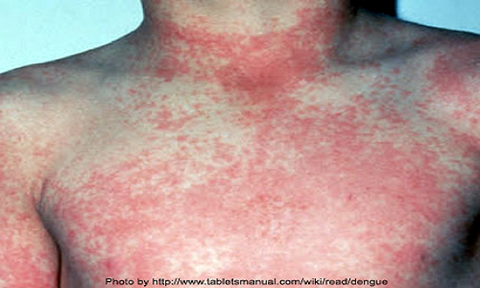
One of the most common diseases spread by mosquitoes in tropical climates. This disease is carried and spread primarily by mosquitoes in the genus Aedes. Common symptoms of the dengue virus are:
- Back and joint pain and discomfort
- Fever (often 40C or higher)
- Rashes
- Eye pain
- Yellow fever
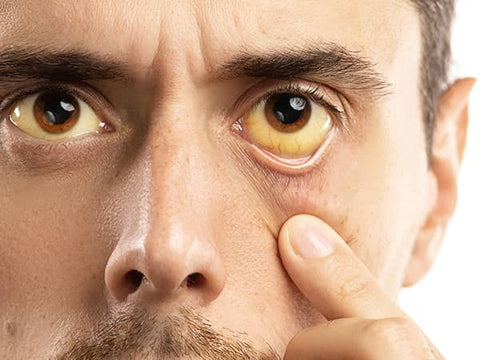
Like dengue, this mosquito borne disease is spread primarily by mosquitoes in the Aedes genus, and more specifically the Aedes aegypti dubbed as the "yellow fever mosquito". The yellow fever virus has approximately 3 to 6 days of incubation period from the time of transmission before it shows symptoms which are:
- Fever
- Chills
- Headache
- Nausea (dizziness)
In some cases, re-occurrences is possible and accompanied by more serious symptoms, including:
- Vomiting with blood
- Abdominal discomfort and pain
- Nosebleeds
- Zika virus
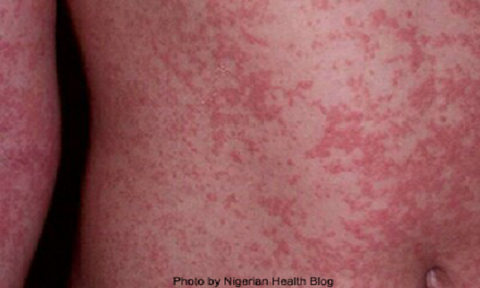
One of the recent diseases spread by mosquitoes, the Zika virus is a mosquito-borne disease which was first identified in Africa in 1947 and named after the Zika forest. During the recent outbreak, the first reported case was in Brazil in 2015.
Mosquito borne diseases symptoms are:
- Slight fever
- Rash
- Joint pain
- Conjunctivitis
These symptoms of mosquito borne diseases, however, are mild and about 80% of the people infected will not even be aware that they are infected.
However, this disease can cause a rare birth defect called microcephaly, a neurological disorder that results in babies being born with abnormally small heads and developmental issues, to women who are pregnant whilst infected with the Zika virus.
- Malaria
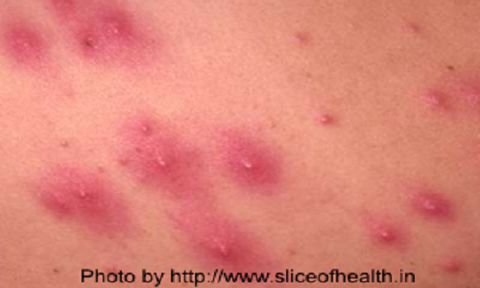
Caused by parasites, namely the Plasmodium vivax or Plasmodium falciparum which develops in a female Anopheles mosquito for approximately 10 to 18 days and is then transmitted when feeding.
After infection, these parasites migrate to the liver and eventually the bloodstream where they will continue to multiply and damage the red blood cells as they do so.
Symptoms of Malaria include:
- Fever
- Sweating
- Headaches
- Chills
- Chikungunya
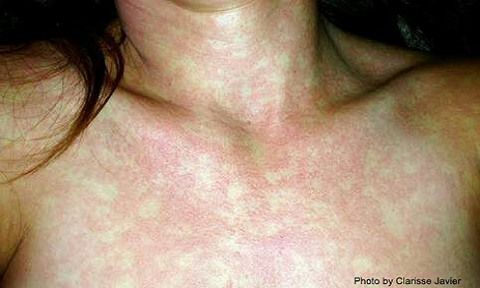
A disease also spread by mosquitoes in the Aedes genus, namely the Aedes aegypti and Aedes albopictus. Incubation of Chikungunya is usually 3 to 7 days and symptoms include:
- Sudden fever
- Chills
- Headache
- Nausea
- Vomiting
- Rash
- Lower back pain
- Joint pain
FAQ
Yes. Mosquitoes can transmit bloodborne illnesses, which may then be transmitted through blood transfusion. Some examples include malaria, West Nile virus (WNV) and Zika virus.
There are simple steps of prevention of mosquito borne diseases that you can take to protect yourself and your family from mosquito bites, and the illnesses they can cause.
Protect yourself from illness by doing simple things:
- Use insect repellents any time you are outdoors
- Wear long-sleeved clothing
- Schedule outdoor activities to avoid the hours from dusk to dawn during peak mosquito season
- Repair damaged window and door screens
- Remove standing water from the areas around your home











